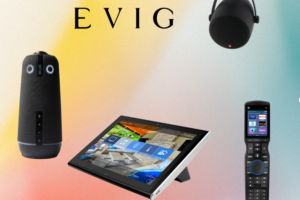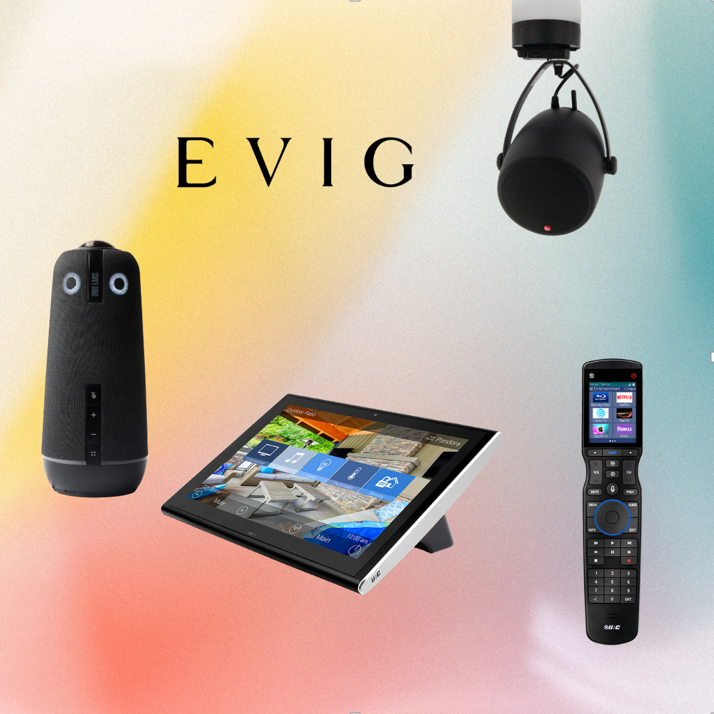In the changing world of healthcare, the role of scribes has become increasingly important. These professionals support doctors by managing health records (EHRs), allowing physicians to focus more on care. With technological advancements and the growth of telemedicine, remote medical scribing has emerged as a career option. This piece explores the education and certification requirements for individuals aspiring to work as scribes, outlining the necessary steps, abilities, and benefits of choosing this profession.
Understanding the Responsibilities of a Medical Scribe
Before delving into the certification process, it is crucial to grasp the responsibilities of a scribe. These professionals are tasked with documenting patient-physician interactions in time, ensuring that all relevant medical details are accurately recorded in EHRs. This encompasses histories, examination findings, and treatment strategies. By shouldering this load, scribes empower physicians to devote time to diagnosing and treating patients.
Read also: The Power of Medical Animations: Enhancing Healthcare Education and Communication
Essential Skills for Remote Medical Scribes
To thrive as a medical scribe remote, several key skills are essential:
- Medical Terminology: Proficiency in terminology and healthcare acronyms is crucial. Scribes must accurately document data with clarity.
- Fast and accurate typing skills: Are essential for documentation, it’s often necessary to type 60 words per minute.
- Being detail-oriented: Is crucial to ensure that patient records are thorough and error-free.
- Technical Skills: Comfort with EHR systems and telecommunication tools is essential for remote work. Basic IT troubleshooting skills are also beneficial.
- Communication Skills: Effective written and verbal communication are key. Scribes must interact with healthcare professionals and sometimes with patients to gather information.
- Time Management: The ability to manage time effectively, prioritize tasks, and meet deadlines is crucial, especially when handling multiple patient charts.
Steps Towards Becoming a Remote Medical Scribe
Step 1: Education
While no specific degree is mandated for scribes, having a background in healthcare or related fields can be advantageous. Many candidates have degrees in;
- Health Sciences
- Biology
- Nursing
- Pre-Med
Some prospective scribes choose certification programs or take courses in terminology and anatomy to enhance their knowledge base.
Step 2: Training Programs
Numerous organizations provide training programs for scribes, which can be attended either in person or online. These programs cover jargon, electronic health record (EHR) usage, and documentation guidelines. Typically, these training programs last from weeks to months and involve a mix of classroom instruction and hands-on exercises.
Step 3: Acquiring Practical Experience
Hands-on experience is precious. Many training programs offer opportunities for internships or on-the-job training in settings. This practical exposure helps scribes get acquainted with real-life situations and the operational flow of a healthcare setting.
Step 4: Certification
While not mandatory, obtaining certification can boost job prospects. Establish credibility. Various organizations provide certification options for scribes, including;
- The American Healthcare Documentation Professionals Group (AHDPG);
- Administers the Certified Medical Scribe Professional (CMSP) exam.
- Requires completion of a training program or relevant work experience.
- The American College of Medical Scribe Specialists (ACMSS);
- Offers the Clinical Documentation Improvement Specialist (CDIS) exam.
- Requires evidence of education, training, or work experience.
These certifications showcase skills. Dedication to the profession makes candidates more appealing to employers. Remote Work; Important Factors to Consider
Working Remotely: Key Considerations
Pros
- Flexibility: Remote work offers the freedom to manage one’s schedule, enhancing work-life balance.
- Time and Cost Savings: Eliminate the need to commute expenses. Time is saved.
- Access to a Wider Job Market: Remote positions are not constrained by location, allowing individuals to explore opportunities nationally or globally.
Cons
- Feelings of Isolation: Remote work can feel lonely, with virtual scribes missing the team camaraderie found in an in-person setting.
- Distractions: Working from home requires discipline to stay focused and maintain productivity.
- Technical Challenges: Dependable internet access and reliable computer equipment are essential. If not promptly addressed, technical issues can disrupt workflow.
Career Growth Opportunities
- Management Roles: Seasoned scribes have the potential to progress into training positions where they oversee teams of scribes or assist in training hires.
- Transitioning into roles: In healthcare is a path for many scribes who have experience working with electronic health records (EHRs) and clinical documentation within healthcare settings. For those pursuing careers, starting as a scribe can provide valuable insights into clinical practice and patient care.
- Healthcare Administration: Some scribes transition into administrative roles within healthcare settings, leveraging their experience with EHRs and clinical documentation.
- Path to Medical Fields: Medical scribing is an excellent stepping stone for those aspiring to further medical careers, providing practical insights into clinical practice and patient care.
In conclusion
Embarking on a career as a scribe presents various opportunities for growth and advancement. This journey involves obtaining an education, completing training programs, gaining experience, and potentially earning certification. As the healthcare industry progresses, remote medical scribes play a crucial role in improving the efficiency and quality of care, particularly through their expertise in data entry medical records. For individuals possessing the required skills and commitment, this profession offers a flexible career path well-positioned for expansion in the digital era.
If you are passionate about healthcare and comfortable with technology, pursuing a career as a scribe could be an excellent fit for you. Stay engaged in learning and development within this field to keep abreast of emerging technologies and advancements while contributing to the healthcare sector. Take a step towards becoming a remote medical scribe by embracing this rewarding journey! Continue expanding your knowledge and skills in this field to remain updated on the technologies and developments, allowing you to contribute significantly to the healthcare sector. Begin your path toward becoming a medical scribe with confidence! There are possibilities for advancement. Feel encouraged to explore various paths within this ever-evolving industry. Thrilling progressions lie ahead, waiting for you to seize them! Wishing you the best of luck on your journey as a scribe.
Starting a career as a medical scribe offers a unique blend of professional development, technological engagement, and meaningful contribution to patient care, making it an attractive path for those with a passion for healthcare. The role demands not only attention to detail and strong organizational skills but also adaptability to evolving digital tools and healthcare systems. Training programs and certification courses can provide a solid foundation, while hands-on experience in data entry and medical record management builds practical expertise. Remote medical scribes are increasingly vital in modern healthcare, streamlining documentation so that physicians can focus more on direct patient interaction. This efficiency is especially important in an era where telemedicine, digital health records, and patient self-education are becoming standard. Professionals in this field often develop a deep understanding of medical terminology, clinical workflows, and data privacy requirements, which can open doors to other healthcare careers. With technology advancing rapidly, staying informed about new tools and practices ensures long-term relevance in the profession. Access to accurate information is equally important for patients, whether they are learning about a new diagnosis, treatment options, or even everyday healthcare topics, such as understanding the availability of certain medications like viagra generic over the counter, which can be relevant in patient consultations. Scribes who are well-versed in these areas can better support clinicians in delivering clear, accurate information. The career also offers flexibility, allowing for remote work arrangements that suit different lifestyles and personal commitments. Over time, experience can lead to supervisory or training roles, expanding one’s impact beyond individual documentation tasks. The job also fosters valuable communication skills, as scribes interact with healthcare professionals across specialties. For those who enjoy continuous learning, the role naturally encourages curiosity about medical science and the healthcare system. By embracing both the technical and interpersonal aspects of the work, a scribe can become an indispensable part of the care team. With persistence and dedication, this career can evolve into a long-term professional journey, offering both stability and opportunities for growth in a rapidly changing healthcare environment.














